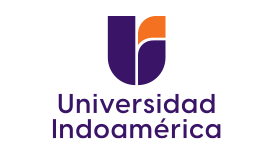

Este taller introducirá a los asistentes al hacking inalámbrico con microcontroladores, empleando técnicas como: análisis de espectro, Access Point (AP) falso, channel hopping AP falso, ataque MAC flooding, ataque DHCP starvation y más, utilizando MicroPython. Durante el tutorial, examinaremos vulnerabilidades en Wi-Fi y trabajaremos con aplicaciones Open-Source. Además, configuraremos hardware Open-Source económico y ejecutaremos vectores de ataque usando microcontroladores.
Prerrequisitos para participar en este tutorial:
- Web Browser
- MicroPython.
- Mu y/o Thonny.
Instructores




Organizadores
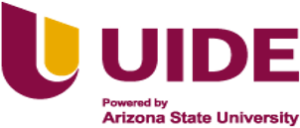


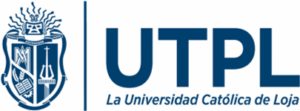

Este taller ofrece una visión profunda sobre las técnicas de detección de comunidades dinámicas en redes sociales, abordando la evolución e interacción en comunidades online. Se analizan desafíos que presentan las redes dinámicas, y se exploran métodos tradicionales y vanguardistas para detectar comunidades, como la optimización de modularidad y la inferencia bayesiana. Además, se discuten métricas de evaluación y técnicas de visualización para comprender la evolución de las comunidades. A través de estudios de caso en plataformas sociales reales, los participantes adquirirán conocimiento práctico. Al finalizar, los asistentes entenderán la detección dinámica de comunidades y podrán aplicar estas técnicas en sus investigaciones o aplicaciones.
Instructores


Organizadores
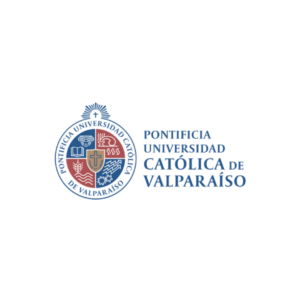
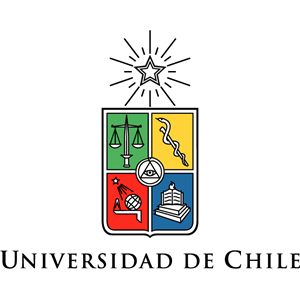

El taller abordará la integración de BigData, IoT y procesamiento en la nube en Google Earth Engine (GEE), una herramienta innovadora para análisis geoespaciales rápidos y extensivos. Los participantes aprenderán sobre la programación SIG en GEE, teledetección satelital, y la metodología MapBiomas que utiliza machine learning, como Random Forest, para generar mapas anuales de uso y cobertura del suelo desde 1985 hasta 2022. Se destacará una práctica con la plataforma interactiva MapBiomas, enfocada en el público general y especializado, mostrando análisis geoespaciales que son de acceso libre y comparables a nivel global.
Prerrequisitos para participar en este tutorial: :
- Una cuenta activa de Google Earth Engine
Instructores



Organizadores


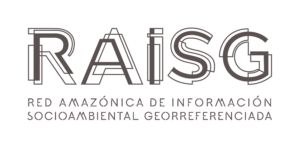

El taller «Investigación 4.0: tecnología digital para la investigación científica», discutirá la incorporación de tecnologías modernas, especialmente la Inteligencia Artificial (IA), en la gestión editorial y publicación de investigaciones científicas. Se destacará cómo la IA, a través de diversas herramientas y plataformas, mejorará la eficiencia editorial, facilitando la revisión, detección de plagio y presentación coherente de publicaciones. Se fomentará un debate sobre los desafíos éticos y el futuro de la IA en la edición científica. Se enfatizará la relevancia de las revistas científicas, particularmente usando Open Journal Systems, como medio primordial para la divulgación. Además, se presentarán técnicas multimedia para potenciar la difusión y presentación de artículos en distintos formatos y plataformas.
Prerrequisitos para participar en este tutorial:
- Docentes y estudiantes interesados en utilizar dispositivos tecnológicos en sus clases.
- Docentes motivados en aplicar recursos motivadores para un aprendizaje interactivo.
Instructores



Organizadores

